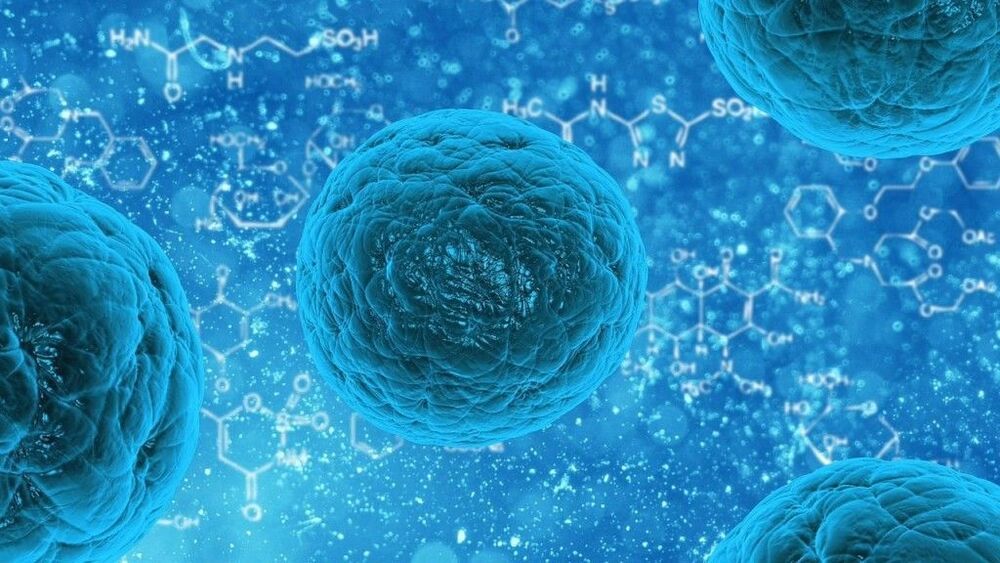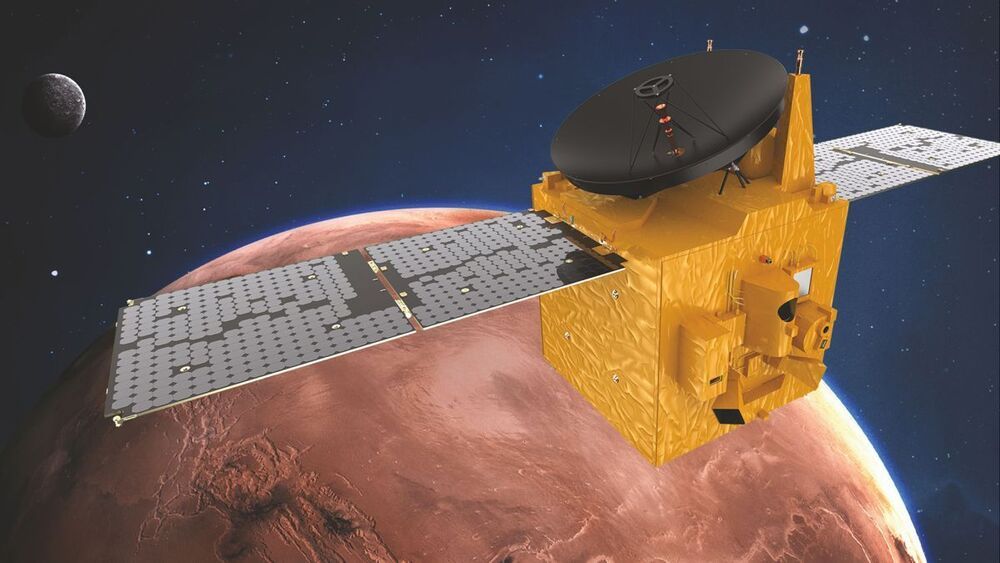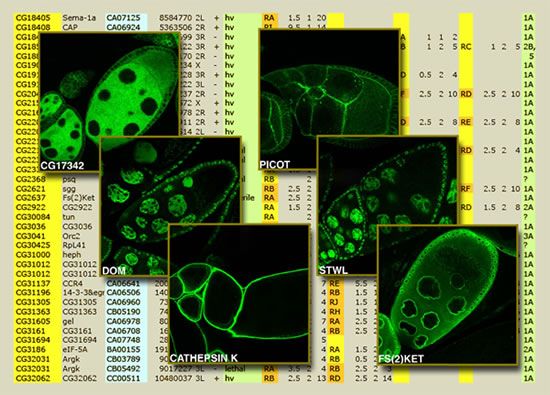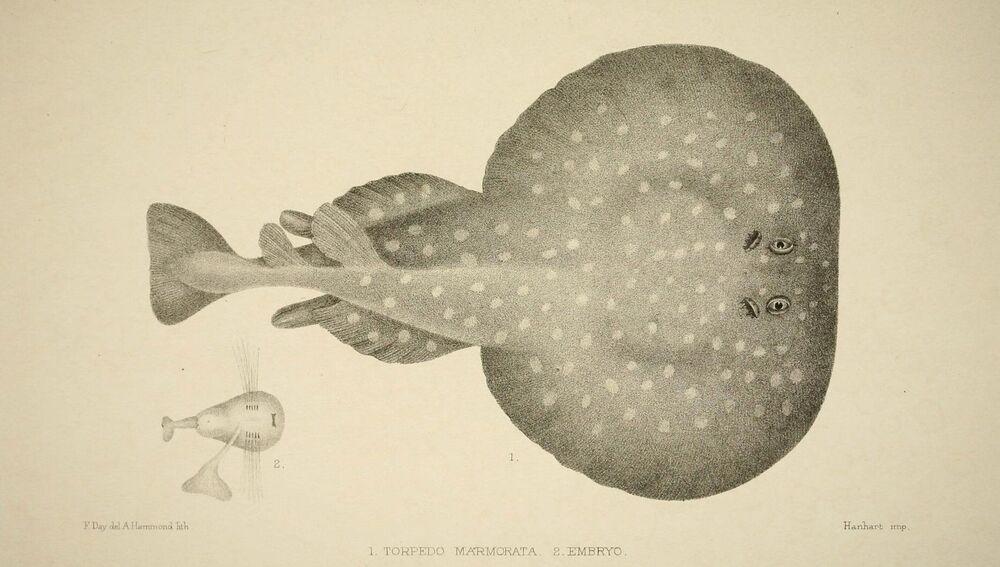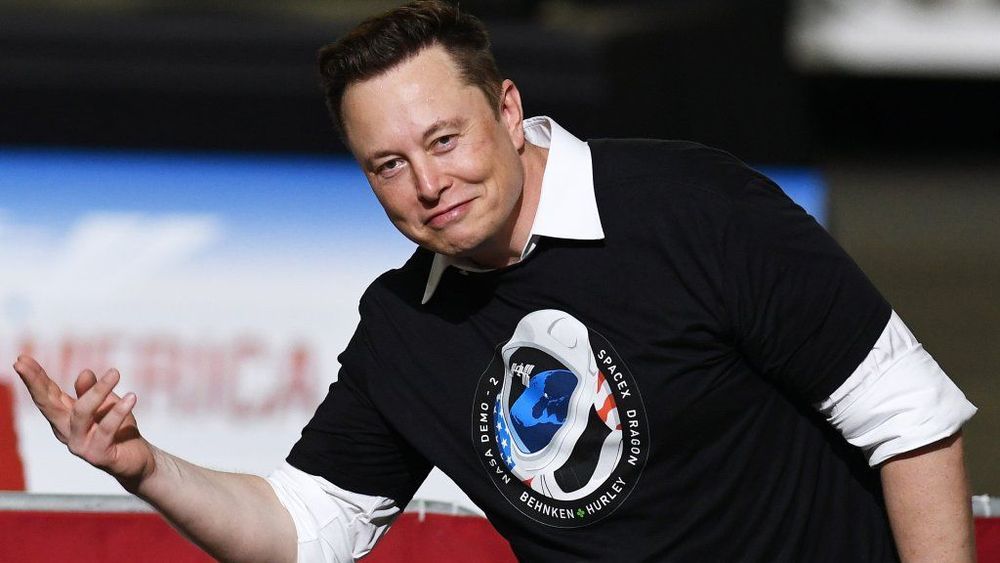Plant scientists have revolutionised science and innovation. Research around the cell or cell biology was born out of plant science.
Researching plants is vital for our food security, maintaining our ecosystems and in our fight against climate change. Plant science is equally important to generate new knowledge that breaks disciplinary barriers to revolutionise several fields of research and innovation. But despite its valuable contribution, scientists and prospective young scientists often overlook plant science. It’s because of this low recognition, plant science doesn’t get the same prestige as other disciplines. This is detrimental to the future of plant science as bright young students continue to choose a career away from plant science. I never considered studying plants myself — it was entirely accidental that I studied plant science.
In other words, scientists and prize committees question the influence of basic plant science across different disciplines.
But the fact is that ever since the early days of science, plants have been central to breakthroughs. Discoveries in plant science have enabled technological advances that we enjoy today. Therefore, I’m aiming to write a series of blog posts to highlight a few significant findings from research in plants. Here, I explain how plant research revolutionised the field of cell biology.
